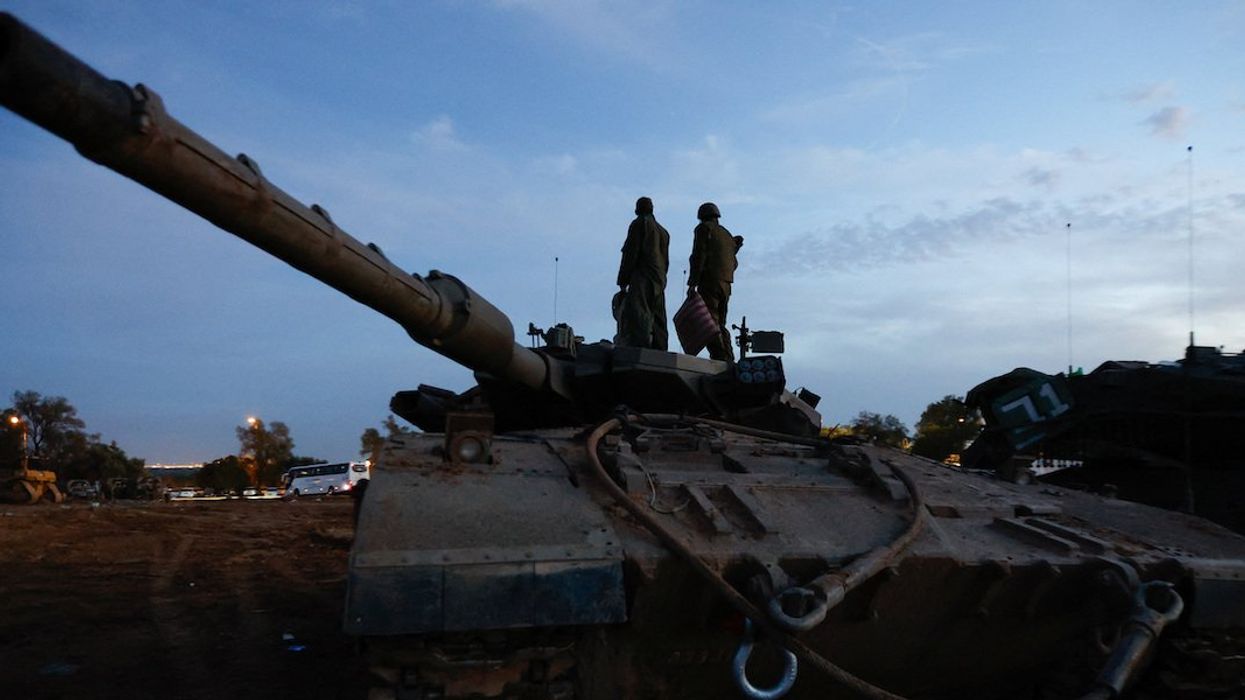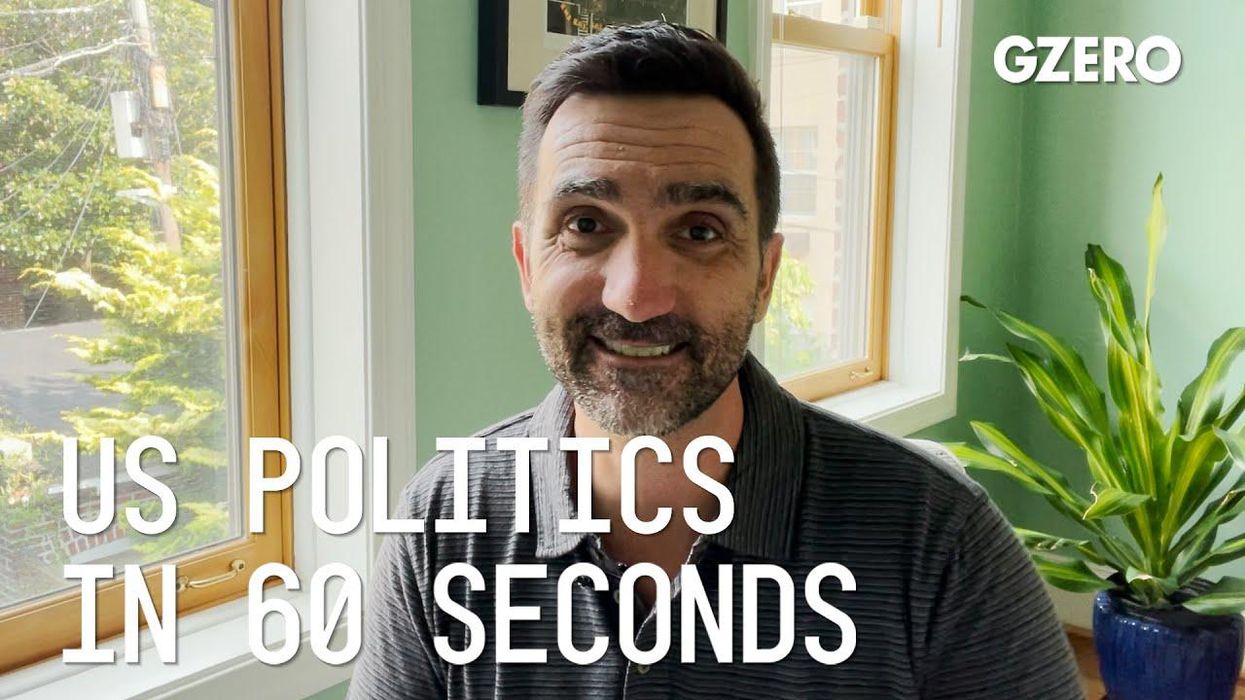What We're Watching
US pushes for longer Israel-Hamas truce
Top US officials are in the Middle East this week to try to prolong the fragile, temporary truce between Israel and Hamas made possible by the exchange of hostages and prisoners.
Nov 28, 2023





